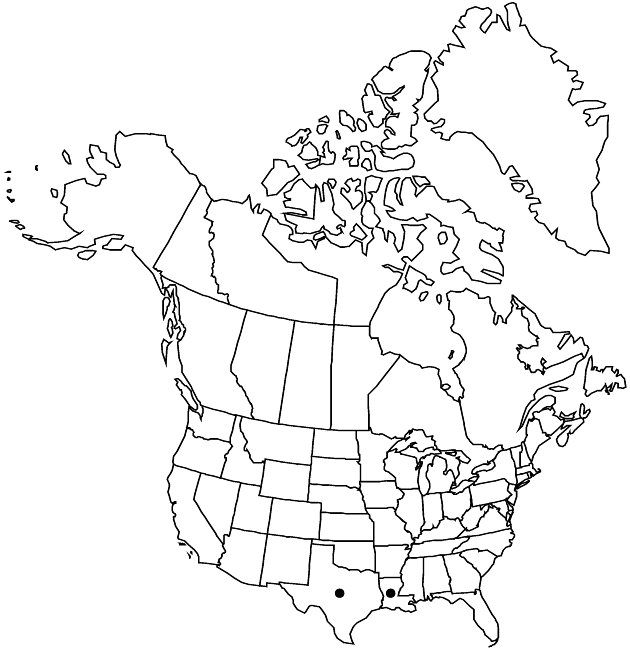Difference between revisions of "Rudbeckia scabrifolia"
Phytologia 61: 367, fig. 1. 1986.
FNA>Volume Importer |
FNA>Volume Importer |
||
| Line 33: | Line 33: | ||
-->{{#Taxon: | -->{{#Taxon: | ||
name=Rudbeckia scabrifolia | name=Rudbeckia scabrifolia | ||
| − | |||
|authority=L. E. Brown | |authority=L. E. Brown | ||
|rank=species | |rank=species | ||
| Line 48: | Line 47: | ||
|publication year=1986 | |publication year=1986 | ||
|special status= | |special status= | ||
| − | |source xml=https://jpend@bitbucket.org/aafc-mbb/fna-data-curation.git/src/ | + | |source xml=https://jpend@bitbucket.org/aafc-mbb/fna-data-curation.git/src/eaa6e58056e40c9ef614d8f47aea294977a1a5e9/coarse_grained_fna_xml/V19-20-21/V21_106.xml |
|tribe=Asteraceae tribe Heliantheae | |tribe=Asteraceae tribe Heliantheae | ||
|subtribe=Asteraceae (tribe Heliantheae) subtribe Rudbeckiinae | |subtribe=Asteraceae (tribe Heliantheae) subtribe Rudbeckiinae | ||
Revision as of 19:32, 16 December 2019
Perennials, to 200 cm (rhizomatous, roots fibrous). Leaves green (dried, dark under reflected UV light), blades elliptic to lanceolate (not lobed), ± leathery, bases attenuate to cuneate or rounded, margins entire or coarsely toothed, apices acute, faces hairy; basal petiolate, 15–65 × 2–15 cm; cauline sessile (proximalmost often petiolate), 5–50 × 2–12 cm (mids ± pandurate, bases auriculate). Heads (to 15) in ± corymbiform arrays. Phyllaries to 2 cm (margins ciliate). Receptacles ovoid to ellipsoid; paleae 6–8 mm, (apical margins densely ciliate) apices acute, abaxial tips hairy. Ray florets 10–15; corollas yellow, laminae oblong to oblanceolate, 20–40 × 5–12 mm, abaxially hairy. Discs 12–25 × 12–20 mm. Disc florets 150–400+; corollas greenish yellow proximally, maroon distally, 3.5–5 mm; style branches ca. 2 mm, apices acute. Cypselae 3.5–5 mm; pappi coroniform, to 2.5 mm. 2n = 36.
Phenology: Flowering late spring–fall.
Habitat: Hillside seeps
Elevation: 10–60 m
Discussion
Rudbeckia scabrifolia occurs in western Louisiana and eastern Texas. It is in the Center for Plant Conservation’s National Collection of Endangered Plants.
Selected References
None.
